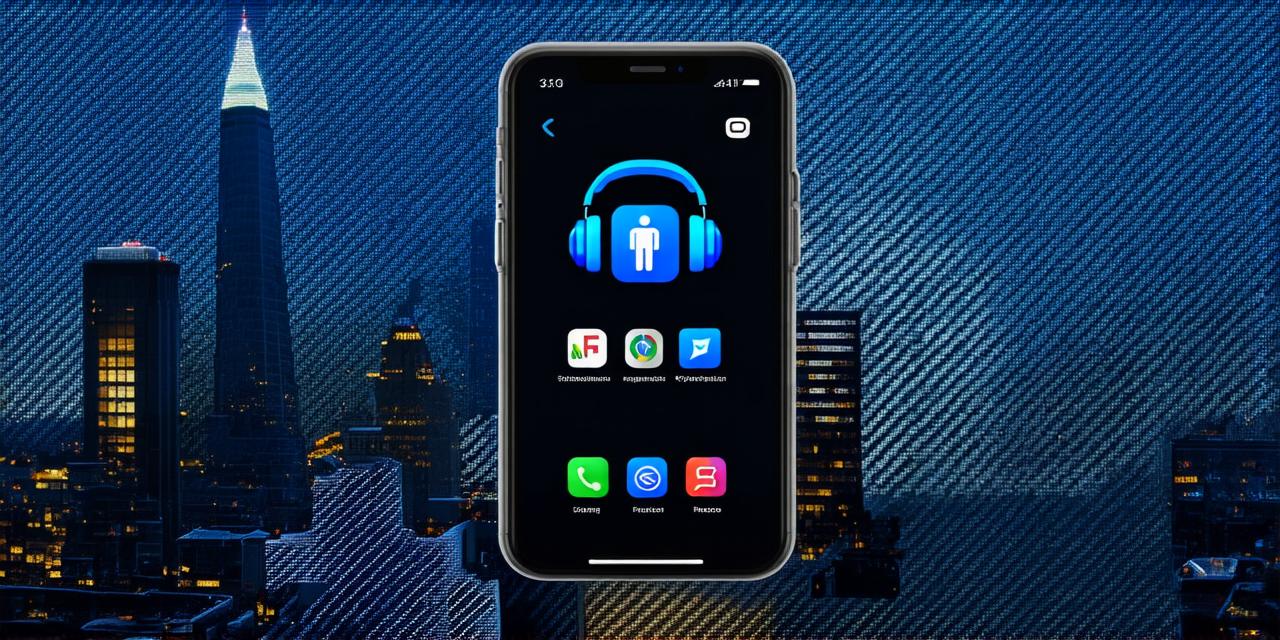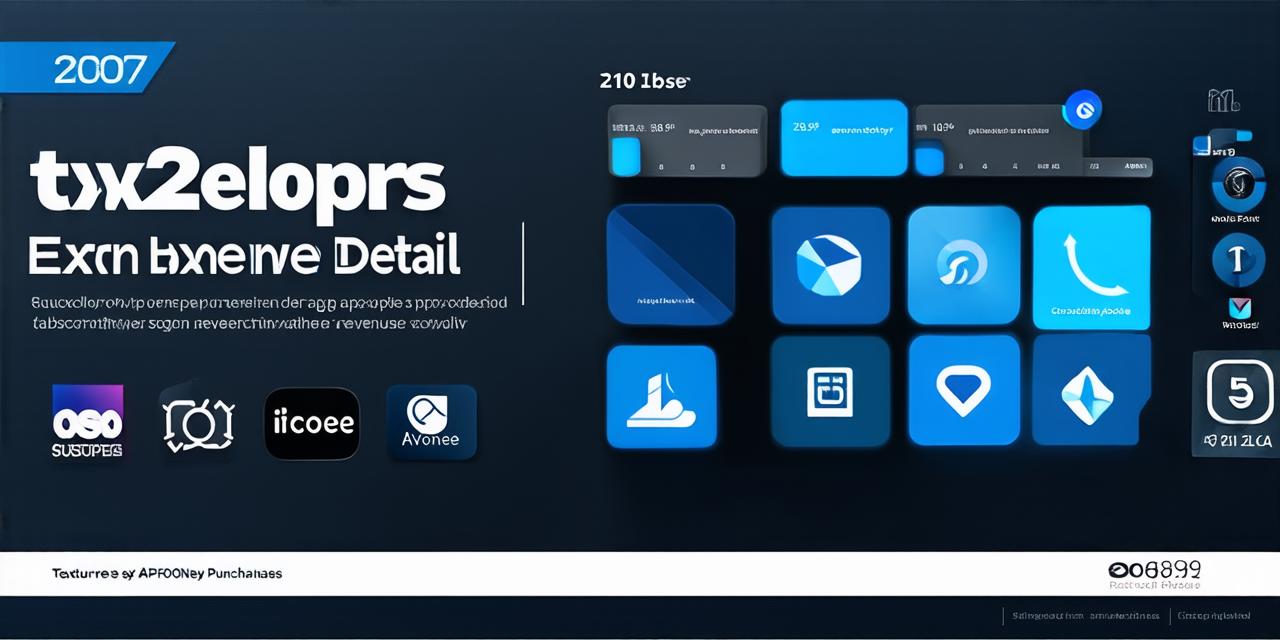Mobile apps have revolutionized the way we live, work and interact with each other. From social media platforms to gaming apps, mobile applications have become an integral part of our lives.
1. Understanding Mobile App Development
Mobile app development is the process of designing, developing and testing mobile applications for smartphones and tablets. It involves a range of tasks such as defining app requirements, designing user interfaces, coding, debugging, and deploying the app on various app stores. Mobile app developers can work in different roles such as front-end developers, back-end developers, full-stack developers, and more.
2. Defining App Requirements
Before starting the development process, mobile app developers need to define the requirements for the app. They need to understand what the client wants, what the user needs, and what the app should achieve. This involves conducting research, analyzing data, and consulting with stakeholders such as clients, designers, and project managers. By defining clear and concise requirements, mobile app developers can ensure that the app meets the needs of the users and achieves the desired outcomes.
3. Designing User Interfaces
Once the requirements are defined, mobile app developers need to design the user interface (UI) for the app. The UI is the first thing that the user sees when they launch the app, and it needs to be visually appealing, easy to use, and intuitive. Mobile app developers can use various tools and techniques such as wireframing, prototyping, and usability testing to create a UI that meets the needs of the users.
4. Coding and Development
Once the UI is designed, mobile app developers start coding the app using various programming languages such as Java, Swift, and Kotlin. The development process involves writing code, debugging it, and integrating different components such as databases, APIs, and third-party libraries. Mobile app developers can also use various tools and frameworks such as React Native, Flutter, and Xamarin to speed up the development process.
5. Debugging and Testing
Debugging and testing are critical steps in the mobile app development process. Mobile app developers need to test the app on different devices, operating systems, and platforms to ensure that it works seamlessly and without errors. They can use various tools and techniques such as automated testing, manual testing, and exploratory testing to identify bugs and fix them before the app is released.
6. Deployment and Maintenance
Once the app is developed and tested, mobile app developers need to deploy it on different app stores such as the Apple App Store and Google Play Store. They also need to maintain the app by updating it regularly with new features, fixing bugs, and addressing security issues. Mobile app developers can use various tools and techniques such as continuous integration and deployment (CI/CD) pipelines, version control systems, and issue tracking tools to streamline the development process.
Real-Life Examples of What Mobile App Developers Do

To better understand what mobile app developers do, let’s look at some real-life examples:
Example 1: A mobile app developer working on a social media app for a client
A mobile app developer working on a social media app for a client will define the requirements for the app, design the UI, and develop the app using various programming languages such as Java or Swift. They will also test the app on different devices and platforms to ensure that it works seamlessly. Once the app is developed and tested, they will deploy it on the Apple App Store and Google Play Store and maintain it by updating it regularly with new features and fixing bugs.
Example 2: A mobile app developer working on a gaming app for personal use
A mobile app developer working on a gaming app for personal use will define the requirements for the app, design the UI, and develop the app using various programming languages such as Unity or Unreal Engine. They will also test the app on their own device to ensure that it works seamlessly. Once the app is developed and tested, they will deploy it on their own device and maintain it by updating it regularly with new features and fixing bugs.
The Benefits of Mobile App Development
<p



